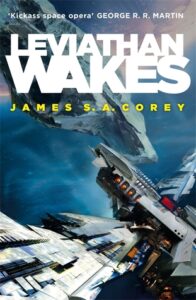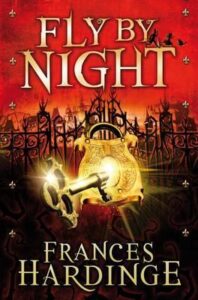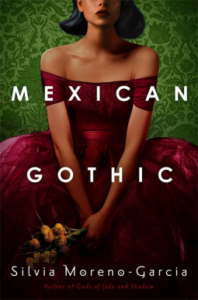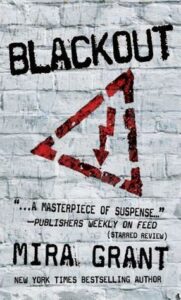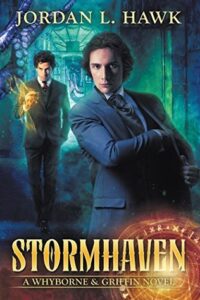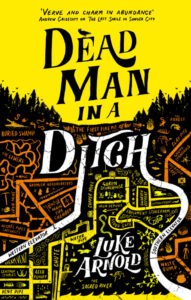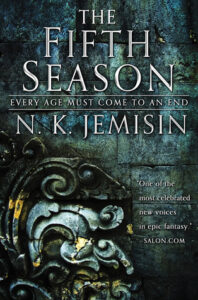 The Fifth Season, N.K. Jemisin
The Fifth Season, N.K. Jemisin
Whoa. How to review this without spoiling it… It’s difficult, because The Fifth Season is cleverly structured so that pieces you see right at the start don’t fall into place until the end. I had the tiniest of clues to figure something out from what other people said about the book, and it helped me work things out; I actually like that sensation, of watching to see how the pieces fit instead of trying to find out where they fit, so to speak. I know a lot of people don’t like that and want to go into a book totally unspoiled, though… and I can see the value of that for this book.
I mean, you can barely even talk about the narrative style without risking treading on spoilery ground. Suffice it to say that Jemisin really does know what she’s doing, and you should trust that everything has a purpose. If you really hate second-person narration, or present-tense narration, and think it’s never going to work for you… I doubt it’s going to. But if you’re willing to keep an open mind, it pays off.
The worldbuilding is pretty awesome. Looking back from the end of the book, it’s amazing to think how much has been introduced, explained, hinted at, often without explicit instruction. Jemisin expects you to work for it, but she’s created a whole world and her characters live fully within it, which is always one of my big tests for good worldbuilding. She remembers that the characters will take certain things for granted, even as the reader needs to see and understand them, and she weaves that in beautifully. There are a few instances that feel like infodumps (including the first chapter), but again — it’s for a reason, and in my opinion, it’s not actually meant to be helpful. It’s all in aid of character and voice. Watch what is said, and what isn’t, and how it is said.
It’s worth noting that the whole story is pretty grim, and the outlook is bleak. There’s violence and oppression and coercion and slavery, and everybody is culpable to one degree or another.
I’m glad I waited until the trilogy was finished (and, cough, then some) to read this, because I think it’s probably best read all at once before I lose half the detail.

